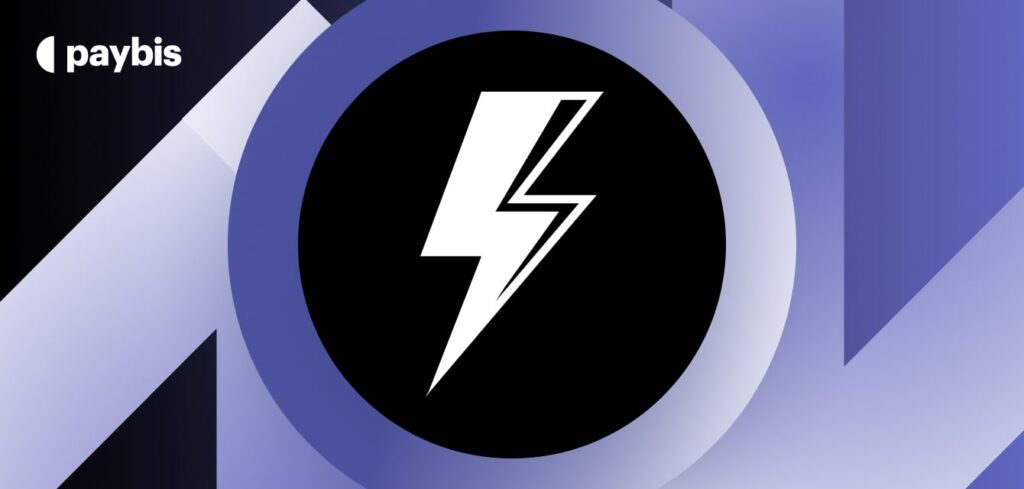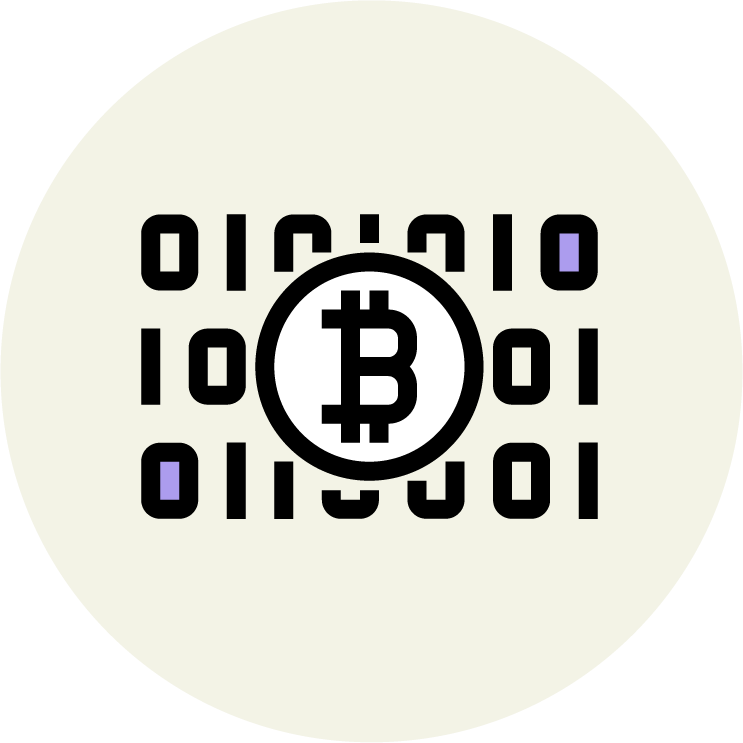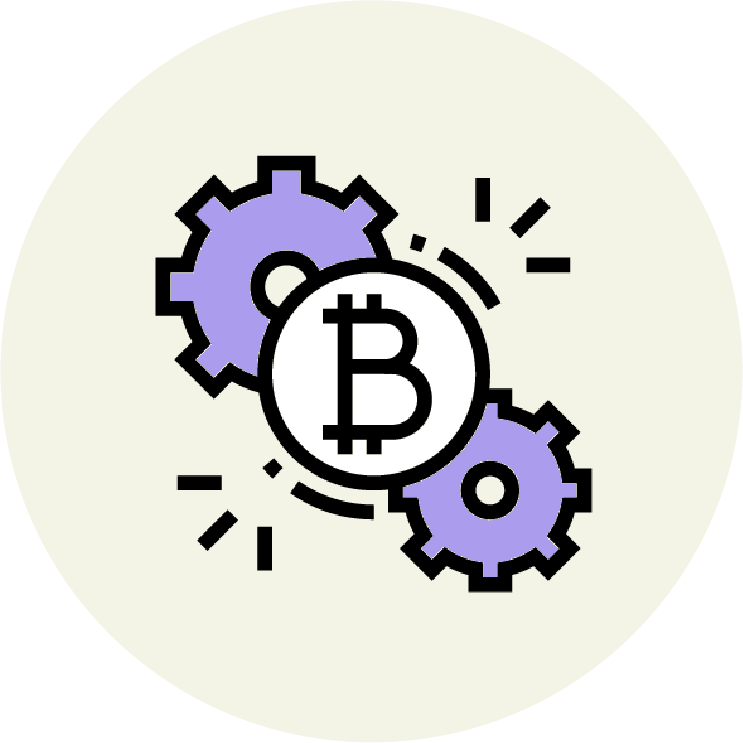Token Standards
Token standards are a set of rules and protocols that define how a cryptocurrency token is created, functions, and interacts on a blockchain network. It ensures compatibility with existing exchanges and other applications on the blockchain network
Table of contents
What are Token Standards?
Token standards are sets of specifications that determine the ensure the creation, issuance, and management of tokens within a blockchain network follow a consistent and interoperable framework. These standards facilitate seamless interaction between tokens and various blockchain-based applications. These standards ensure a cohesive and efficient ecosystem.
What are Tokens?
Tokens are digital assets created within a blockchain network, representing various forms of utility. Unlike coins, which operate on their own blockchain, tokens are built on existing blockchain platforms. Types of tokens include:
- Utility Tokens: Provide access to a product or service within a blockchain ecosystem.
- Security Tokens: Represent ownership in an asset, similar to traditional securities.
- Governance Tokens: Allow holders to vote on protocol changes and project decisions.
- Non-Fungible Tokens (NFTs): Represent unique digital assets that cannot be exchanged on a one-to-one basis.
The Significance of Tokens in Blockchain
Tokens play a vital role in facilitating transactions, enabling smart contracts, and powering decentralized applications (dApps). They are the engine of the blockchain ecosystem, driving innovation and value creation.
Importance of Token Standards
The following are the importance of token standard enforcement on blockchain protocols:
- Interoperability: Token standards ensure that tokens can be used across different platforms, wallets, and applications. This interoperability is crucial for the seamless integration and functionality of decentralized finance projects and other blockchain-based services.
- Security: Standardized security measures protect tokens from vulnerabilities, ensuring their safe transfer and storage. Consistent security protocols help maintain trust and reliability within the blockchain ecosystem.
- Efficiency: Token standards streamline the process of creating and managing tokens, reducing complexity for developers and users. This efficiency accelerates the adoption and scalability of blockchain projects.
Common Token Standards
Below are some of the most used token standards in the blockchain ecosystem:
- ERC-20 (Ethereum Request for Comments 20): ERC-20 is the most widely used token standard on the Ethereum blockchain, enabling the creation of fungible tokens. Its key features include specifications for token transfer, balance inquiry, and supply management. Examples are Tether (USDT), Chainlink (LINK), and USD Coin (USDC).
- ERC-721 (Non-Fungible Tokens – NFTs): ERC-721 allows the creation of unique tokens representing ownership of distinct assets. Each ERC-721 token has a unique ID, making it ideal for digital collectibles, art, and real estate. Examples of Popular ERC-721 Tokens : CryptoKitties, Decentraland (MANA), and Axie Infinity (AXS).
- ERC-1155 (Hybrid Standard for Fungible and Non-Fungible Tokens): ERC-1155 supports the creation of both types of tokens within a single smart contract. ERC-1155 offers greater efficiency and flexibility, reducing transaction costs. Examples of projects using ERC-1155 are Enjin Coin (ENJ) and The Sandbox (SAND).
- BEP-20 (Binance Smart Chain): BEP-20 is BNB Chain’s equivalent of ERC-20, offering similar functionality. It has lower transaction fees and faster processing times compared to Ethereum. Examples of Popular BEP-20 Tokens: Binance Coin (BNB), PancakeSwap (CAKE), and Venus (XVS).
- TRC-20 (TRON): TRC-20 is TRON’s token standard, mirroring ERC-20’s specifications. It enables the creation and transfer of tokens on the TRON network. Examples of Popular TRC-20 Tokens are Tether (USDT), BitTorrent Token (BTT), and WINkLink (WIN).
- SPL (Solana Program Library): SPL tokens operate on the Solana blockchain, known for its high throughput and low latency. Capable of high-speed transactions with low fees, SPL tokens support a wide range of applications. Examples of Popular SPL Tokens are Raydium (RAY), Jupiter (JUP) and Solana (SOL).
Emerging and Specialized Token Standards
The following are relatively new token standards with advanced features:
- ERC-1400: Designed for the compliant issuance and management of security tokens, ERC-1400 incorporates compliance mechanisms to meet legal standards. It is Ideal for representing ownership in real-world assets like equities and real estate.
- ERC-998 (Composable NFTs): Allows NFTs to own other tokens, creating complex and hierarchical structures. It enhances functionality and use cases for NFTs. Examples are projects in gaming and virtual real estate.
- ERC-777: It is an improved standard for fungible tokens with advanced features like hooks.
- ERC-4626: Standard for tokenized vaults, enhancing DeFi functionalities.
Conclusion
Token standards are essential for ensuring interoperability, security, and efficiency in the blockchain ecosystem. The ongoing innovation in token standards will play a pivotal role in shaping the future of digital assets. Developers and users must stay informed and engaged to take advantage of these advancements effectively.
Browse the Paybis Glossary to master more web3 lingo!
Alternatively, explore related terms and articles below.
Disclaimer: Don’t invest unless you’re prepared to lose all the money you invest. This is a high‑risk investment and you should not expect to be protected if something goes wrong. Take 2 mins to learn more at: https://go.payb.is/FCA-Info


